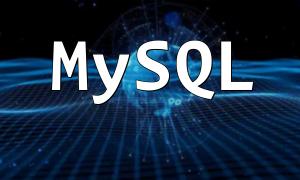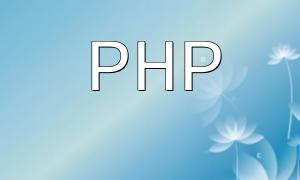In today’s multi-platform development landscape, choosing a language that runs smoothly across different systems is essential. PHP, a widely-used and mature scripting language, offers several advantages through its built-in functions when it comes to cross-platform development.
PHP functions operate seamlessly across various operating systems such as Windows, macOS, Linux, and Unix. This high level of compatibility removes deployment barriers across platforms and improves application portability.
<?php
echo "Hello, world!";
The above example demonstrates PHP’s consistent execution regardless of the underlying system.
PHP offers a powerful standard library covering tasks like string manipulation, array processing, file handling, and database interaction. Developers can implement complex features quickly without reinventing the wheel, significantly improving development efficiency.
$string = 'My name is John Doe';
echo str_replace('John Doe', 'Jane Doe', $string); // Output: My name is Jane Doe
Beyond its built-in functions, PHP integrates smoothly with various frameworks and third-party libraries such as Laravel and Symfony. This extensibility allows PHP functions to meet the demands of modern, feature-rich applications.
// Querying a database using the Laravel framework
use Illuminate\Support\Facades\DB;
$users = DB::table('users')->get();
PHP functions are designed to be readable and maintainable. With clear syntax and comprehensive documentation, they make it easier for developers to understand, debug, and update code, especially in collaborative or long-term projects.
// Convert an integer to a string
$number = 123;
$string = strval($number); // '123'
WordPress is a prime example of a cross-platform PHP application. Its core features, plugins, and themes are all built using PHP functions. Thanks to PHP’s compatibility, WordPress runs reliably on a variety of hosting environments—from shared hosting to dedicated servers.
In conclusion, PHP functions provide a robust foundation for cross-platform projects. Their compatibility, comprehensive function library, scalability, and maintainability make them an ideal choice for building efficient, portable, and powerful applications.









